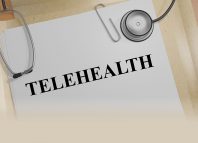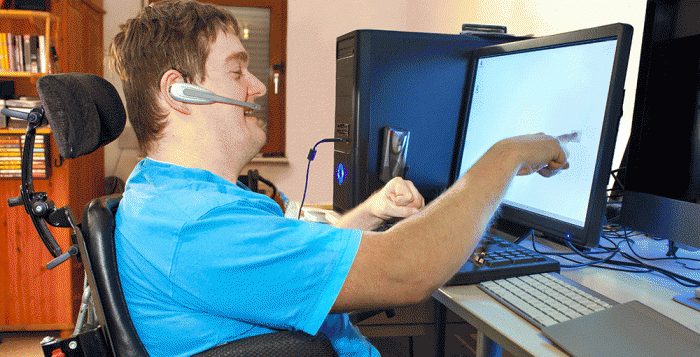In June, Health and Human Services (HHS) announced the opening of the application period and plans to distribute approximately $15 billion to eligible providers that participate in state Medicaid and CHIP programs who had not yet received a payment from the $50 billion General Distribution. Since the announcement on June 9, HHS has hosted a number of webinars targeted at providers and provider organizations to answer questions and assist those eligible through the application process. A fact sheet – PDF explaining the application process has also been created to address frequently asked questions. HHS is continuing to work with provider organizations, congressional, state, and local leaders to get the word out about this program. To ensure eligible Medicaid and CHIP providers, including dentists, have the opportunity to apply for a funding distribution, the deadline to apply has been extended to August 3, 2020.
In order to assist ODP providers with determining eligibility, here is the list of ODP providers given to HHS. Providers are encouraged to apply for this federal funding if eligible.
- Program Overview:
The bipartisan Coronavirus Aid, Relief, and Economic Security (CARES) Act and the Paycheck Protection Program and Health Care Enhancement Act provide $175 billion in relief funds to hospitals and other health care providers, including those on the front lines of the coronavirus response. A portion of these funds, under the Medicaid and Children’s Health Insurance Program (CHIP) Provider Distribution, provide help for providers and clinicians who treat our most vulnerable populations, including low-income and minority patients. This is allocated for eligible providers that participate in state Medicaid and CHIP Programs and that did not receive a payment from the Provider Relief Fund General Allocation. The payment to each provider will be approximately 2 percent of reported gross revenue from patient care.
- Fact Sheet
The Health Resources & Services Administration (HRSA) released a Fact Sheet for Medicaid and CHIP Providers that is now available on the Provider Relief Fund website.
- Recorded Webcast
A recording of the June 25 webcast is now available on this web page.
- Frequently Asked Questions (FAQs)
In order to better address your most important concerns, HRSA has updated their FAQs to address common questions, including those submitted during the previous webcasts. The FAQs include expanded information on eligibility, application, payment process, and more.
- Application Instructions
Medicaid and CHIP Provider Distribution Instructions and the Medicaid and CHIP Provider Distribution Application Form are also available here. HRSA recommends downloading and reviewing these documents to help you complete the process through the Enhanced Provider Relief Fund Payment Portal.
- Additional Information
For additional information, please call the Provider Support Line at 866-569-3522; for TTY, dial 711. Hours of operation are 7 am to 10 pm Central Time, Monday through Friday. Service staff members are available to provide real-time technical assistance, as well as service and payment support.


















